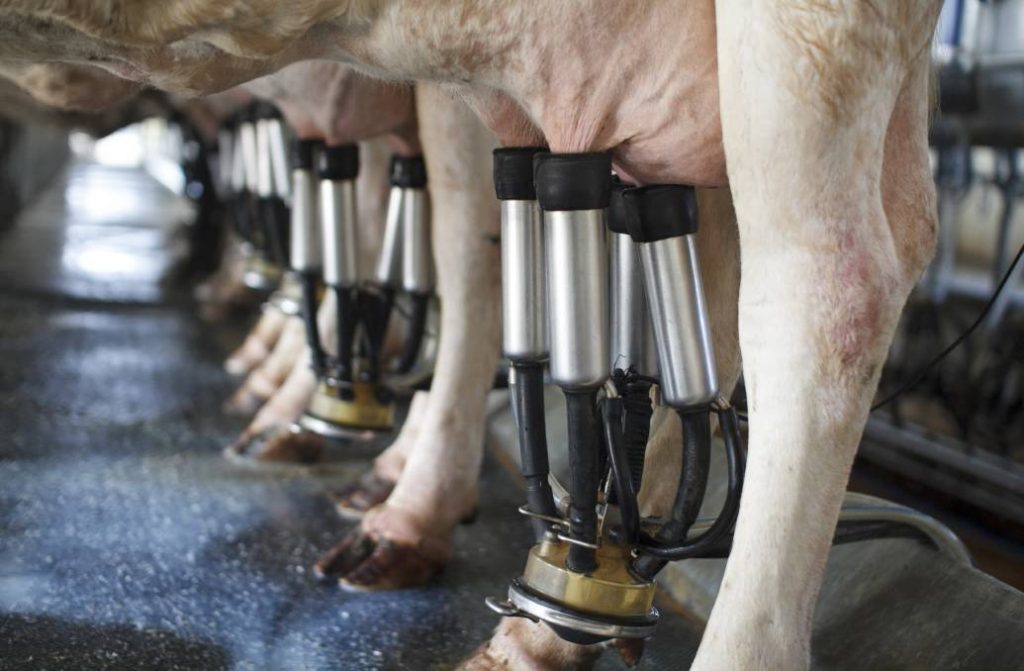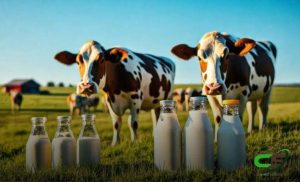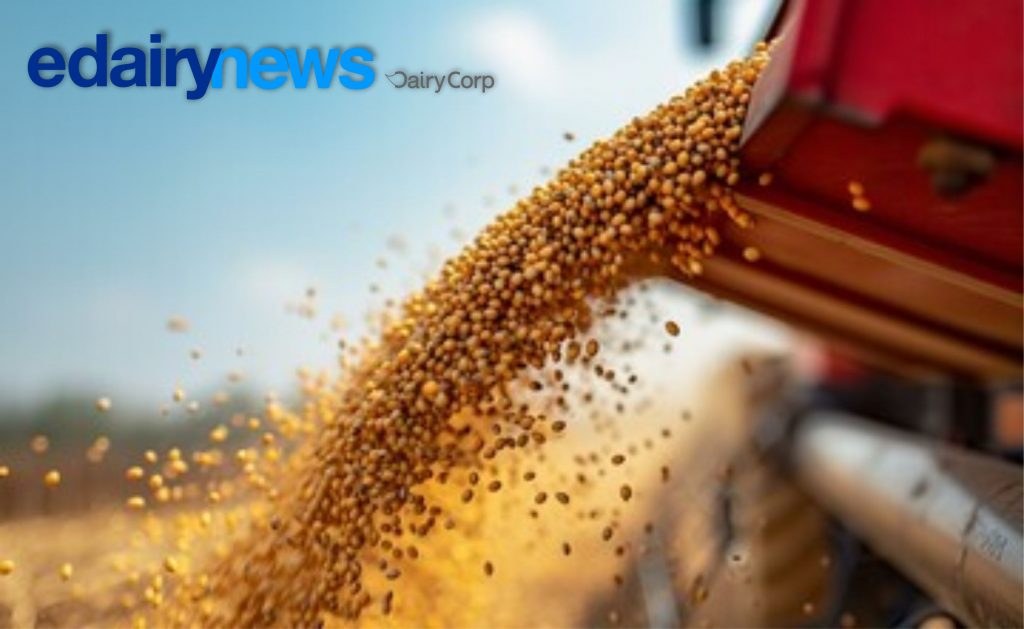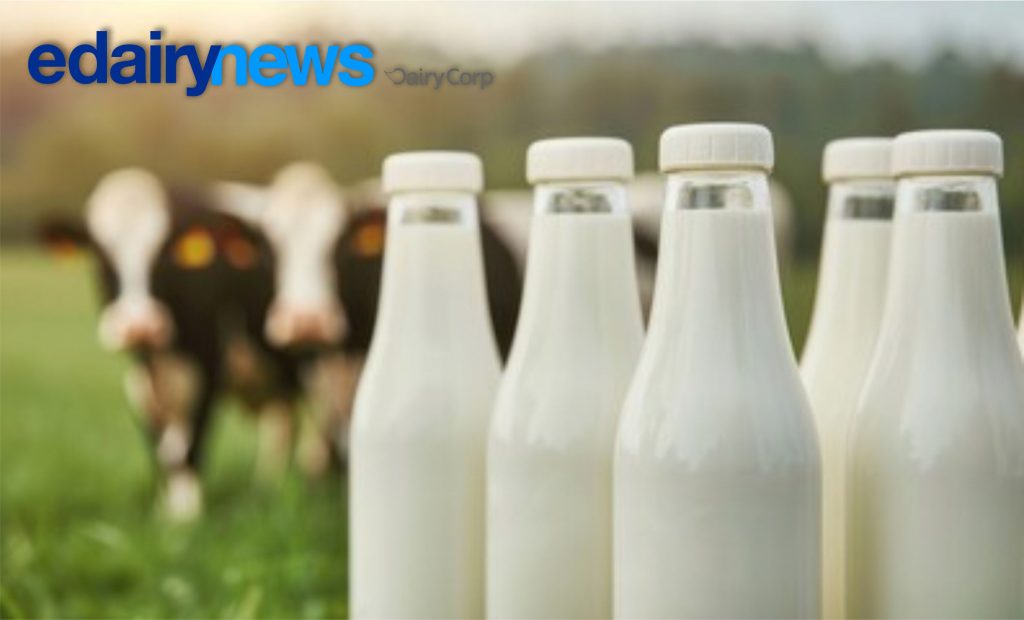The topics raised covered key areas such as the Code of Conduct, dual supply contracts, loss leader and retailer national pricing, a cost of production index to set a sustainable and fair farmgate price, supporting local brands that pay a fair price to farmers, involve the ACCC, additional levy on milk at retail level, re-regulation, the use and effectiveness of the compulsory dairy levy on RDE and the slow progress of industry restructure.
We have all talked about the same issues and they have been raised many times before. So unfortunately, no surprises and I’d say no real breakthroughs. My key take-outs were:
All of the proposals put forward by farmers, industry and the senators have some merit if they could be enacted, but none will get up while we have a divided industry.
The ridiculous situation of three advocacy bodies and three RDE organisations across Queensland and NSW must end.
Unity with input from grassroots farmers will allow us to be more effective in advocacy to government, processors and consumers.
If grassroots farmers, industry representatives and government want to stop the endless line of inquiries and get our industry moving again the message is clear:
Support an industry restructure that can bring unity. Set up a single entity that has regional and democratically elected representation and ensure that the funding model allows for the good proposals mentioned above to be achieved.
Ultimately, we are all after the same thing. Let’s leave the egos and self-promotion behind and get it done.













